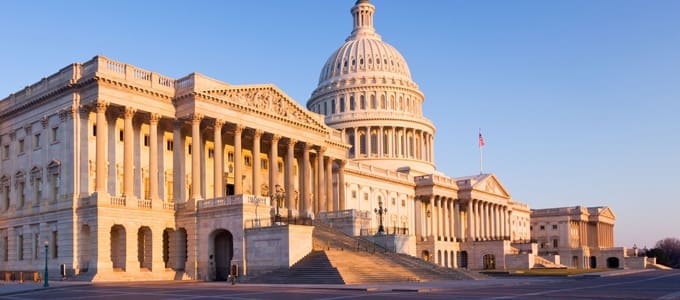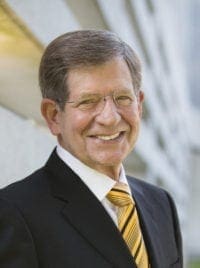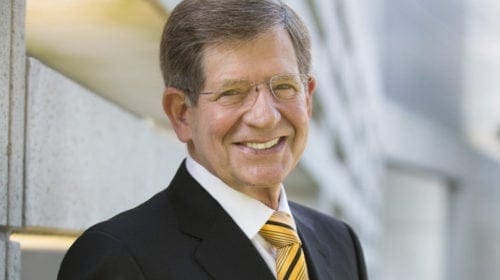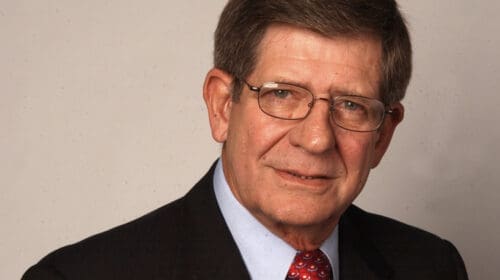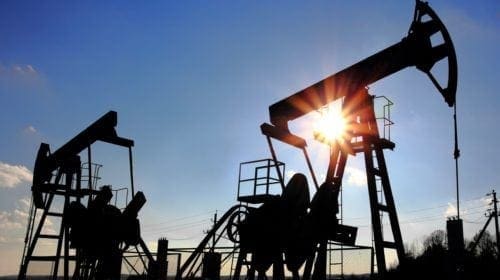Relationships only develop and thrive when both parties have a desire to work together toward a common goal.
Although this might sound like the introduction to a “Dr. Phil” segment, it is actually the basis for a healthy industry-to-parish working atmosphere. In Louisiana, the oil and gas industry has the privilege of potentially working with 64 different parish government entities.
In addition to working together, frequent communication strengthens relationships. Although the industry has been around for over a century in Louisiana, only as of recently have parish governments taken on a more active role in the regulatory process.
Over-regulation by the parish can often happen due to fear of the unknown that often occurs when a lack of communication exists. As should go without saying, oil and gas is a very technical industry. Moving parts, sophisticated equipment and a significant amount of manpower is needed for one rig site. As industry plans to embark upon a community, it is vital for pre-operation meetings to take place.
Pre-operation meetings can consist of what parish roads will be traveled, the source of water that will be used, the amount of noise that could be projected, what infrastructure is nearby, such as schools or homes and finally when the actual drilling will take place. These pre-operation meetings can disarm the misinformation that exists in the communities here in Louisiana and around the country. A simple sit-down with the parish officials can clarify any confusion that might exist from what has been seen on an inaccurate movie or a social media outlet that has been written by a person with no professional experience.
Over the last couple of years, several parish governments have attempted to regulate the oil and gas industry, but have actually overstepped their legal boundaries. The parishes have regulatory power over parish roads, noise, light, sound and certain aspects of water. The Louisiana Department of Natural Resources and the Office of Conservation actually have the regulatory power of when, where and how a well can be drilled. The hundreds of legacy lawsuits, the coastal lawsuits and the attempts to ban hydraulic fracturing are good examples of parishes’ involvement in over-regulation.
With this in mind, parishes cannot regulate if a well can be drilled nor can they regulate if hydraulic fracturing can take place. This all falls within the power of the Department of Natural Resources. Again, with open communication taking place before operations commence, many of these regulations that parishes attempt to enact can be avoided.
To clarify, some regulation is a good thing. It is vitally important to protect our environment, our water sources, our roads and our citizens, but over-regulation squashes out economic development and prevents safe and legal operations from taking place. The oil and gas industry has gone to great lengths over the last century to ensure that operations obey the laws, follow the guidelines and promote a healthy community in which our citizens work, play and live.
Don Briggs is the President of the Louisiana Oil and Gas Association. The Louisiana Oil & Gas Association (known before 2006 as LIOGA) was organized in 1992 to represent the Independent and service sectors of the oil and gas industry in Louisiana; this representation includes exploration, production and oilfield services. Our primary goal is to provide our industry with a working environment that will enhance the industry. LOGA services its membership by creating incentives for Louisiana’s oil & gas industry, warding off tax increases, changing existing burdensome regulations, and educating the public and government of the importance of the oil and gas industry in the state of Louisiana.
Oil and gas operations are commonly found in remote locations far from company headquarters. Now, it's possible to monitor pump operations, collate and analyze seismic data, and track employees around the world from almost anywhere. Whether employees are in the office or in the field, the internet and related applications enable a greater multidirectional flow of information – and control – than ever before.

